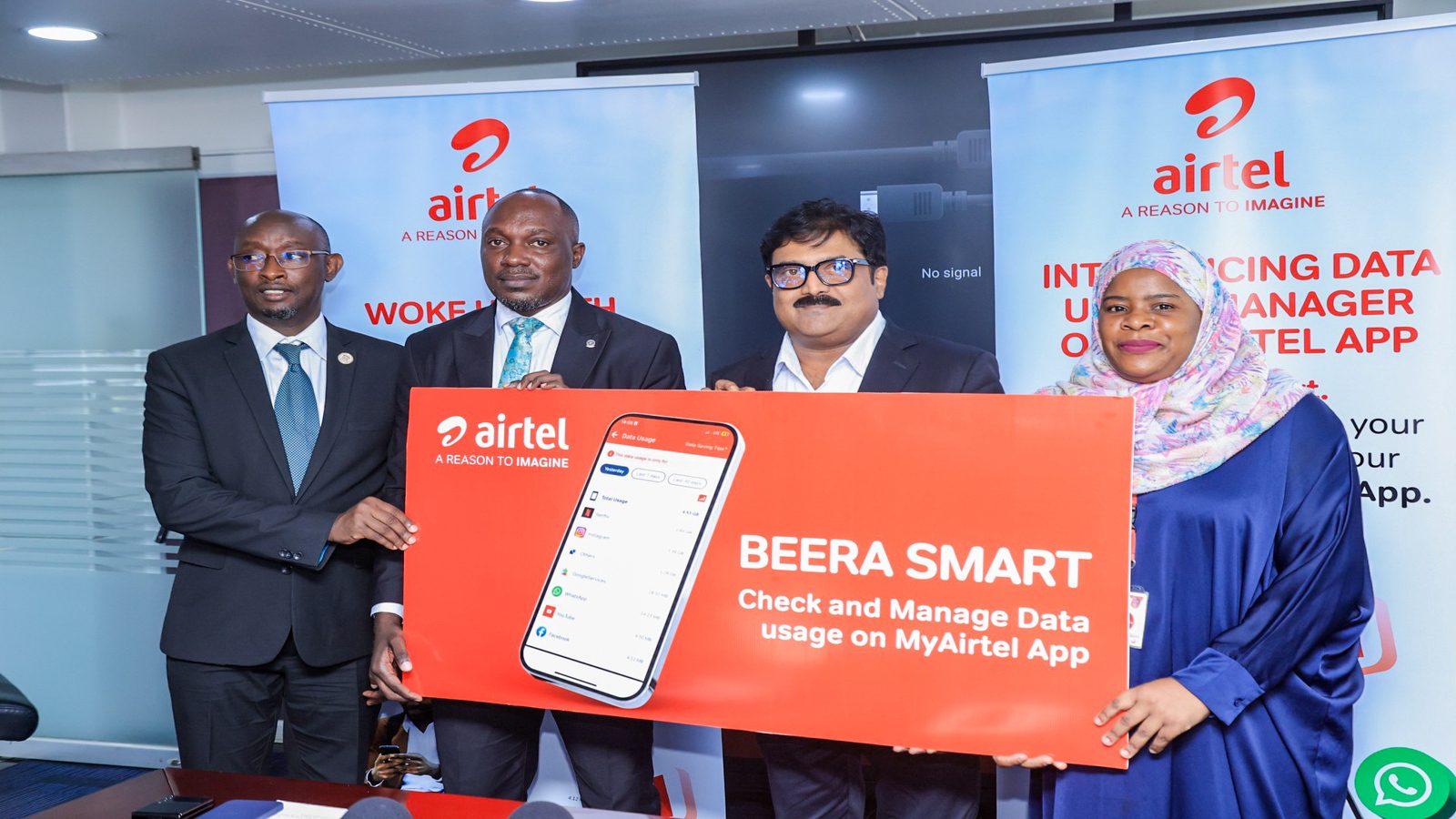Share
Through a solitary “click” on her virtual employment application, Kenyan Veronica Ssentongo surmounted geographic constraints and secured her ideal position at DFCU Bank, Uganda.
The internet has changed the game. Previously, this would have required managing the difficulties of in-person interviews and cross-border travel.
The narrative of Ssentongo, which was presented during the recent online data consumption discussion hosted by Airtel Uganda, is a prime example of the revolutionizing potential of the internet.
There’s more to this networking boom than merely obtaining your ideal job. It has to do with giving rural pupils access to educational resources that were previously only available in urban regions.
It has to do with companies of all sizes multiplying their clientele and market penetration by ten. The internet revolution in Uganda is opening up a world of possibilities, but great access also comes with enormous responsibility.
A critical question arises: Are Ugandans receiving the dependable, secure experience they need when millions of people connect to the internet for the first time?
However, as an increasing number of people use the internet for the first time, they want a better experience.
There was a lot of unhappiness on social media, as the campaign to show data theft provided proof.
Ugandans get increasingly irritated with erratic connections and believe they are not receiving the data they have paid for.
Leaders in the sector, such as Airtel Uganda, the nation’s first 5G network, are recognizing this gap and acting accordingly.
Airtel officials stressed the value of establishing trust through accountability and transparency as they welcomed industry experts on the “conversation on internet data usage in a growing connected world” online X platform.
These ideas are important to the operations of Airtel Uganda, according to Daniel Odaka, Manager of Digital Channels. He emphasized that users should have efficient, quick, and safe internet access, and that internet service providers should give users a way to monitor how much data they are using.
This emphasis on customer empowerment extends to new data manager from Airtel Uganda.
This feature, which is available via the MyAirtel App, enables customers to keep an eye on how much data is used by particular apps, comprehend usage trends, and maximize their plan capacity.
The critical importance of these developments was underlined by Veronica Ssentongo, who is currently the Head of Digital Transformation at DFCU Bank.
She emphasized how online platforms may be used to quickly collect client feedback—both positive and negative.
“Institutions like DFCU can expedite better service delivery thanks to this feedback loop, which is made possible by the internet,” she stated.
Uganda’s digital revolution needs cooperation if it is to proceed.
Customers are advised to look at ways to optimize their data consumption in order to get the most value for their money, according to Nabakka, Director of Customer Experience at Airtel Uganda.
This emphasizes how users and suppliers share accountability. But customers aren’t the only ones who bear some of the blame.”
It is imperative that the Uganda Communications Commission (UCC) fulfill its role.
In light of the ongoing discourse surrounding internet usage, it is imperative that the UCC utilizes its regulatory authority to guarantee optimal service delivery to Ugandans.
This entails making sure that ISPs are held responsible for clear data policies and infrastructure expenditures that ensure
dependable relationships.











